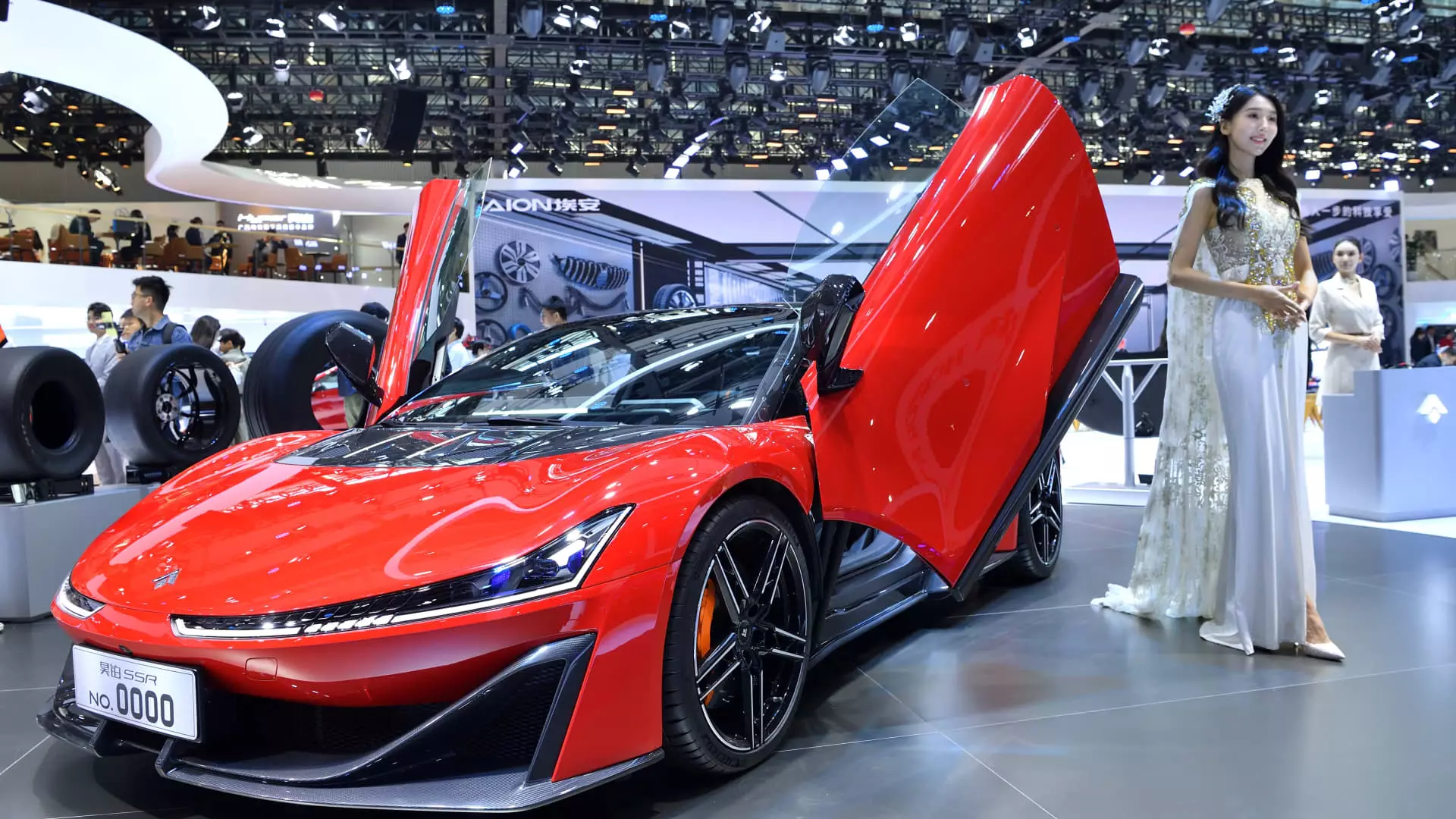Chinese automakers are on track to achieve 33% of global market share in the automotive industry by the year 2030, according to a recent report by AlixPartners. This growth is expected to come primarily from markets outside of China, with sales projected to increase from 3 million to 9 million vehicles by the end of the decade. The rise of Chinese automakers is causing concern among legacy automakers and politicians worldwide, as the influx of lower-cost Chinese vehicles may disrupt traditional markets, particularly in the electric vehicle sector.
While Chinese brands are expected to grow across all markets globally, the report suggests that expansion will be more limited in regions such as Japan and North America. In the United States, for example, stringent safety standards and a 100% tariff on imported Chinese EVs are expected to hinder the growth of Chinese automakers. However, in Mexico, Chinese brands are projected to achieve a 3% market share by 2030, indicating significant growth opportunities in other parts of the world.
Challenges for Legacy Automakers
Legacy automakers like General Motors have faced challenges in China due to the rapid growth of domestic automotive companies such as BYD, Geely, and Nio. In Europe, Chinese automakers have quickly gained market share in recent years, with expectations of doubling their presence by 2030. Chinese automakers are expanding globally due to cost advantages, localized production strategies, and highly tech-enabled vehicles that cater to evolving consumer preferences for design and innovation.
The report highlights that Chinese automakers have a competitive edge over legacy automakers in terms of product development speed and cost efficiency. Chinese EV automakers, for example, are able to bring new products to market in half the time of legacy automakers, mainly by focusing on meeting standards rather than overengineering. Additionally, Chinese automakers have a 35% cost advantage in manufacturing vehicles in China. To compete with Chinese automakers, traditional automakers must reconsider their business development processes and accelerate the pace of vehicle development.
The rapid expansion of Chinese automakers globally is reshaping the automotive industry landscape. Chinese brands are set to gain significant market share in regions outside of China, presenting challenges for legacy automakers. To remain competitive, traditional automakers must adapt to the changing market dynamics and embrace innovation in design, technology, and production. The rise of Chinese automakers signals a shift in the industry towards a more globalized and competitive market environment.


Leave a Reply